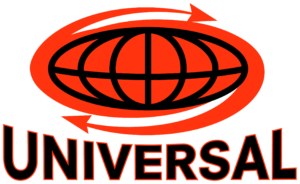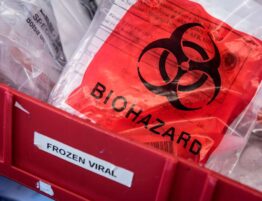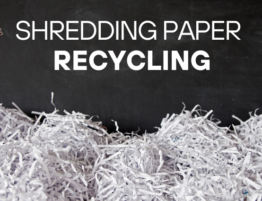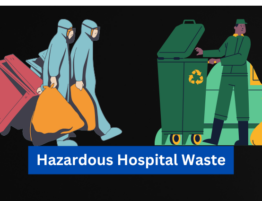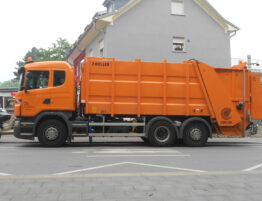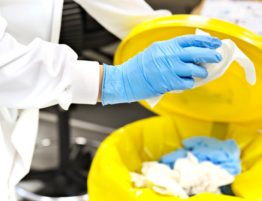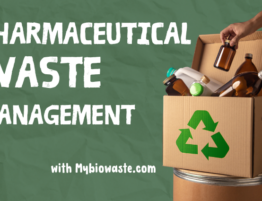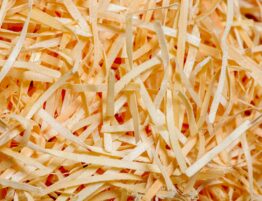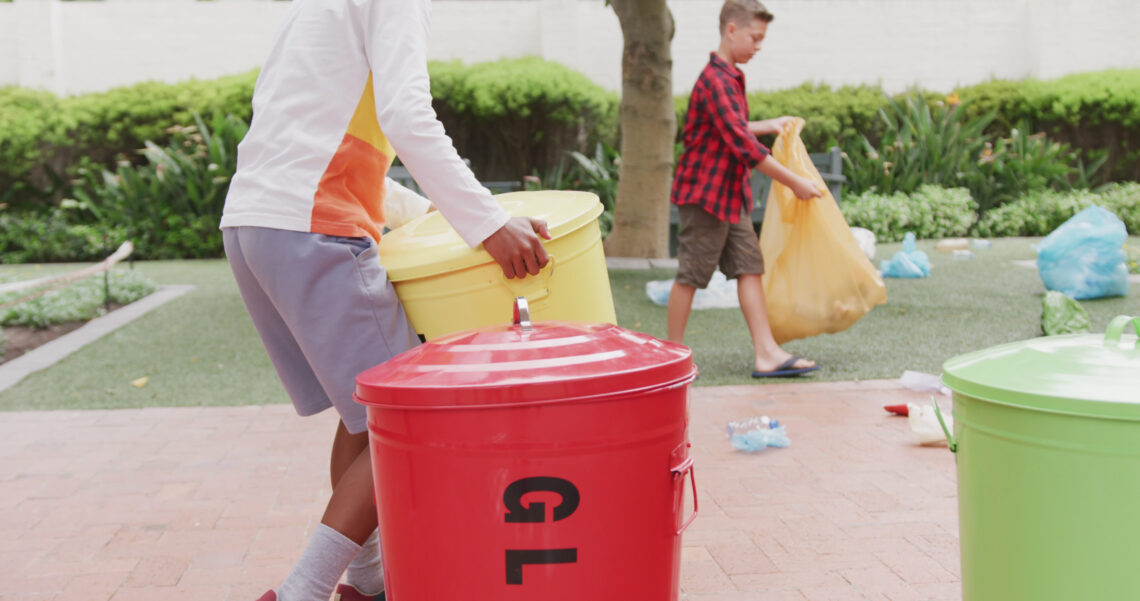
Proper handling of medical waste is crucial to safeguarding public health and protecting Florida’s natural environment. With its extensive healthcare network, Florida enforces strict regulations to ensure that medical waste is disposed of safely and responsibly. Whether you’re a healthcare provider, a business, or an individual, understanding the process of medical waste disposal Florida can help you comply with regulations and minimize risks.
This guide will cover key aspects of medical waste management Florida, including local regulations, disposal methods, and best practices for both healthcare facilities and individuals.
What Is Medical Waste?
Medical waste refers to materials generated during medical, dental, and veterinary procedures, such as:
- Used needles and syringes
- Contaminated bandages or gauze
- Surgical tools and equipment
- Laboratory specimens
- Expired medications
In Florida, medical waste is categorized as infectious or hazardous. Improper disposal can result in environmental contamination and pose serious health risks.
Florida Medical Waste Disposal Regulations
Florida medical waste disposal regulations are governed by the Department of Health and the Environmental Protection Agency (EPA). Compliance involves adhering to the following requirements:
- Segregation: Waste must be separated at the source to avoid contamination of general waste streams.
- Approved Containers: Use leak-proof, puncture-resistant containers marked with biohazard symbols.
- Transportation: Only licensed companies can transport medical waste to treatment facilities.
- Treatment and Disposal: Methods like autoclaving, incineration, or chemical disinfection are used to safely process medical waste.
- Recordkeeping: Generators of medical waste must maintain accurate logs of disposal activities to ensure accountability.
The Impact of Improper Disposal on Florida’s Ecosystems
Florida’s rich ecosystems, including its waterways, wetlands, and coastal areas, are particularly vulnerable to contamination. For example:
- Discarded sharps can harm marine life if they reach the ocean.
- Chemicals from improperly treated waste can leach into groundwater, threatening drinking water supplies.
By adhering to proper biomedical waste disposal Florida guidelines, healthcare providers and individuals can help preserve the state’s environment for future generations.
Where to Dispose of Medical Waste in Florida
If you’re wondering, “Where can I dispose of medical waste near me?,” here are some options:
- Certified Medical Waste Companies: Specialized services handle the collection, transportation, and disposal of medical waste.
- Community Drop-off Locations: Many counties have designated drop-off sites for sharps and unused medications.
- Healthcare Facilities: Pharmacies, hospitals, and clinics often accept limited medical waste for safe disposal.
For those in Northeast Florida, several providers offer medical waste disposal Jacksonville FL services tailored to meet local needs.
How to Dispose of Medical Waste at Home
Proper disposal of medical waste at home is essential to prevent injury and contamination. Follow these steps:
- Use Approved Containers: Place needles and sharp objects in FDA-approved sharps containers available at pharmacies or online.
- Label Containers: Clearly mark containers as “biohazard” before disposal.
- Check Local Programs: Many communities offer free or low-cost sharps disposal programs.
- Avoid Household Trash: Never dispose of medical waste with regular garbage to prevent harm to sanitation workers.
These practices align with Florida medical waste disposal regulations to ensure safety and compliance.
Choosing a Reliable Medical Waste Management Partner
For businesses and healthcare providers, selecting the right company for medical waste management FL is crucial. Here’s what to look for:
- Licensing and Certification: Ensure the company is licensed by Florida’s Department of Health.
- Local Experience: Providers familiar with Florida’s specific regulations can offer tailored solutions.
- Sustainable Practices: Companies that use eco-friendly treatment methods contribute to environmental conservation.
- Customizable Services: Look for flexible pick-up schedules and scalable services that meet your needs.
Benefits of Proper Medical Waste Management
- Compliance: Adhering to Florida’s regulations helps avoid legal penalties and fosters trust with clients and the community.
- Environmental Protection: Safe disposal prevents contamination of Florida’s natural resources, including its wetlands and aquifers.
- Improved Safety: Proper handling minimizes risks to healthcare workers, waste handlers, and the public.
- Reputation Management: Demonstrating responsibility in medical waste management Florida enhances your business’s credibility.
Supporting Data and Resources
To emphasize the importance of proper disposal, consider these statistics:
- Florida generates over 450,000 tons of medical waste annually.
- Improper disposal contributes to 25% of reported needle-stick injuries among waste handlers.
- Approximately 15% of medical waste worldwide is deemed hazardous.
For local regulations and resources, visit Florida Department of Health’s Biomedical Waste Program.
Final Thoughts
Managing medical waste disposal Florida is a shared responsibility that requires adherence to strict regulations and best practices. Whether you’re a healthcare provider or an individual, following proper protocols ensures the safety of both people and the environment.
Looking for reliable biomedical waste disposal Florida services? Contact My Bio Waste today for eco-friendly, affordable, and fully compliant waste management solutions. We provide free consultations and flexible scheduling to meet your unique needs.
Call: 855-276-9246
Email: info@mybiowaste.com
Address: 4459 Industrial Park Rd. Green Cove Springs, FL 32043
Let’s work together to keep Florida safe and sustainable!
